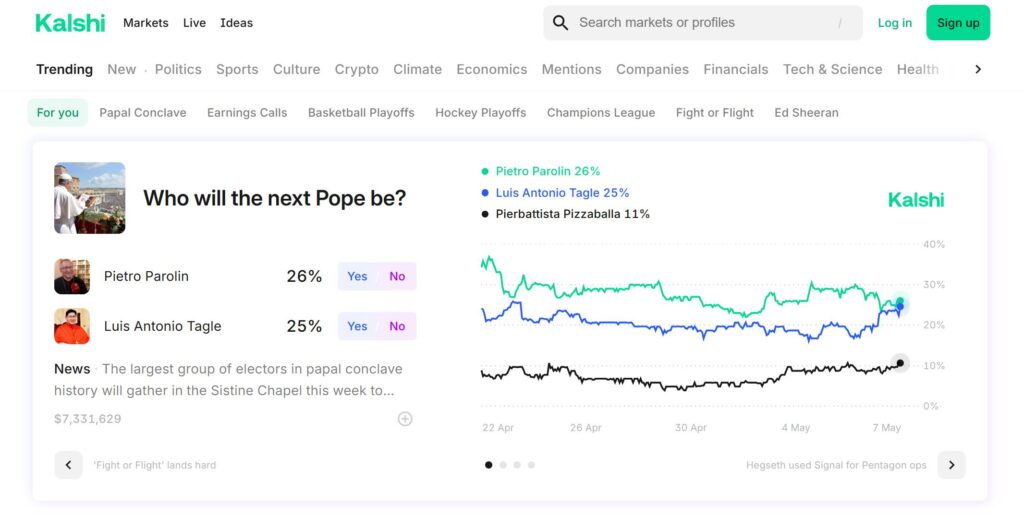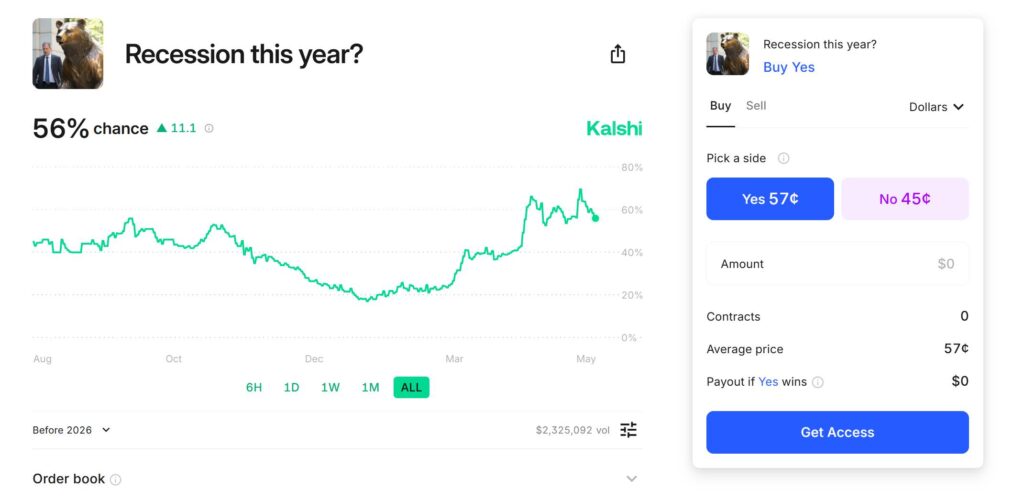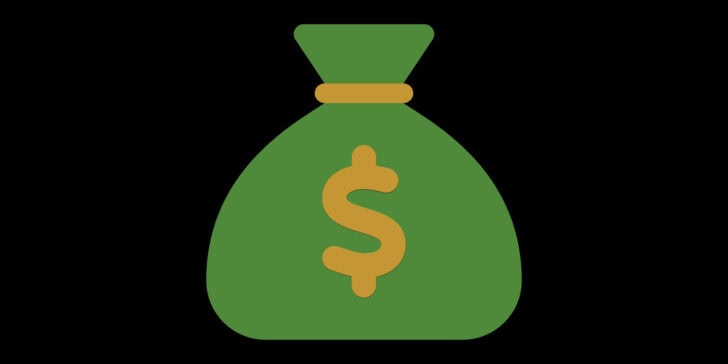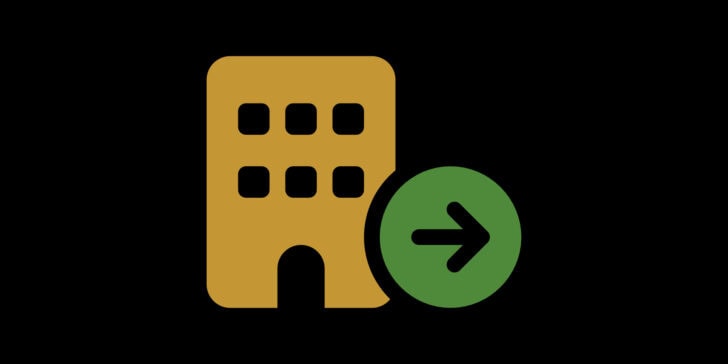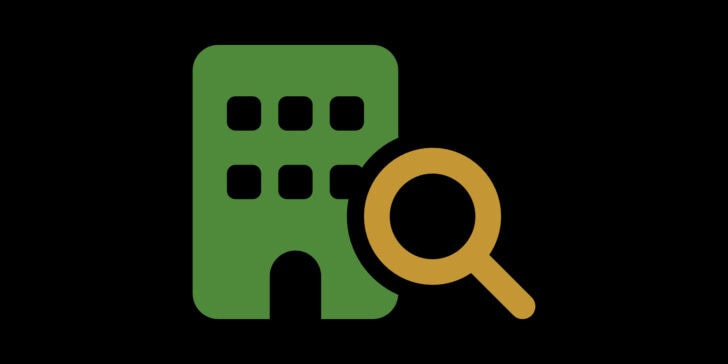Kalshi is a relatively new platform – one that’s been making headlines lately. While it’s gained traction for a fresh offering, it’s also faced challenges from regulators who question whether ‘event contracts’ cross over into gambling.
This legal attention isn’t unique to Kalshi though. The sweepstakes industry too, with its dual currency system, has faced similar hurdles in recent years as it attempts to carve out its place in the digital entertainment space.
Before we examine parallels between the two, a bit more background on Kalshi for the uninitiated.
Kalshi and the New Prediction Market
Kalshi calls itself a ‘prediction market’ and a way to trade ‘event contracts’ on yes or no-type questions.
For example, at the time of writing, the top market on the platform is ‘Who will the next Pope be?’ Users can buy a contract that lines up with their own prediction, and if it turns out to be right, they’ll earn money. If they’re wrong, they lose the investment.
Prices for contracts range from $0.01 to $0.99, and if, for example, you paid $0.70 for a ‘yes’ contract, you’d be matched with another user who paid $0.30 for a ‘no’ contract on the same question. If the question resolves to yes, you get the whole dollar, which is your $0.70, plus the $0.30 from the other user. If the question resolves to no, you lose the dollar. And, of course, you can buy multiple contracts (generally up to the value of $25,000).
You might ask: “Isn’t that like betting on an outcome?” Well, Kalshi would argue otherwise, because, importantly, the contract you buy can be traded all the way up till the outcome’s resolution, making it a commodity derivative similar to other financial instruments. It goes up and down as opinion and the market shifts.
Many traders and financial institutions already ‘bet’ on the outcome of certain events via assets like futures contracts, options, or swaps. Kalshi’s pitch is that its contracts function in much the same way. In fact, they’re far more direct and allow individuals and companies to easily and simply hedge against, or profit from, specific outcomes.
Of course, casual users can enjoy buying contracts too, and the whole platform is also a great way to crowdsource opinions on certain topics; Kalshi is already gaining a reputation for predicting various results fairly accurately, including elections.
Speaking of elections, Kalshi has experienced considerable legal heat over whether it should be able to offer event contracts on this topic in the US.
Kalshi’s Court Battles
Launching in 2018, the platform was initially authorized by the Commodity Futures Trading Commission (CFTC) to operate as a Designated Contract Market. However, in 2023 the CFTC contested Kalshi’s right to offer contracts relating to US political events, arguing they could constitute illegal gaming and pose risks to the integrity of elections.
Later, in September 2024, a federal court ruled in favor of Kalshi, emphasizing the contracts did not constitute illegal gaming. And it’s only this week that the CFTC dropped its appeal, effectively ending the legal dispute and permitting Kalshi to continue offering political event contracts.
At the same time, Kalshi has been fighting legal battles at the state level, namely in Nevada, New Jersey, and Maryland. Gaming regulators in these places have contested Kalshi’s right to operate within their jurisdictions, arguing, again, that the event contracts constitute illegal gambling under state law.
However, Kalshi has contested this claim in all three locations, and as of now, has been granted a preliminary injunction in all three cases. Essentially, it can keep offering its services in these states for now.
Parallels Between Kalshi and the Sweepstakes Industry
Now we have plenty of background on Kalshi, let’s take a look at some of the similarities between it and sweepstakes casinos.
For a start, both have faced regulatory uncertainty because of their status as a new format. While breaking new ground is exciting, it doesn’t come without its challenges, and both Kalshi and new sweepstakes casinos have experienced tough legal battles in attempting to define themselves as legitimate.
There are plenty of voices who accuse both formats of operating outside of current laws, and generally, if you’re against one, you’re probably against the other here. However, both Kalshi and the sweepstakes industry have managed to weather various legal storms so far, and continue to grow year on year.
Both formats have experienced state-level challenges, often involving the state gaming regulators. Kalshi can breathe a sigh of relief for now, having received three preliminary injunctions in New Jersey, Nevada, and Maryland, allowing them to continue operating in these jurisdictions. Similarly, sweepstakes casinos are able to operate in the vast majority of US states for now, but some state lawmakers are fighting to change this.
As of now, Montana is poised to become the first state to sign specific anti-sweeps measures into law, which would prompt a sweeps casino exodus from the state, while New York, Connecticut, and Louisiana are very much hot on its heels.
On the other hand, states like Arkansas, Maryland, Mississippi, and Florida tried and failed to pass anti-sweeps bills in 2025. For now, their state legislative sessions are over, but that doesn’t mean they, and other states, won’t try again next year.
Finally, Kalshi and sweepstakes casinos are redefining what constitutes a game of chance in the digital age. The internet has shaken up many aspects of our lives, and allowed for innovation in many areas, including new forms of entertainment. Both Kalshi and sweeps are riding this wave; testing the boundaries of existing legal frameworks and challenging regulators to reconsider definitions of gambling, trading, and gaming.
Could Kalshi’s Victories Embolden the Sweeps Industry?
For the above reasons, Kalshi and sweeps could be categorised in similar ways, and it’s likely the former’s courtroom successes are being watched closely by those in the sweepstakes industry.
The sweeps world may find success in taking cues from Kalshi’s arguments, especially the framing of new platforms as innovation. In fact, we’re already seeing this from the Social and Promotional Games Association (SPGA), the new trade association supporting the industry.
It’s possible, too, that Kalshi’s legal momentum could influence how regulators and lawmakers approach the gray areas that sweepstakes casinos currently occupy. Maybe we’ll start to see more gradual acceptance of alternative gaming models, especially when we consider there’s a strong user base keen to participate in these verticals in the US.
But the question remains: will regulators and the courts ultimately see these formats as creative new forms of entertainment, or dismiss them as forms of gambling? The answer will shape the future of not only the prediction and sweepstakes markets, but also the broader landscape of iGaming and online entertainment.
One thing’s for certain: this debate is far from over.

